
Minima (Prototype)
A downloadable game for Windows
Download NowName your own price
Concept:
This is a prototype created as a final project for a course on Visual Intelligence. The concept is simple: Run to the goal as quickly as you can avoiding obstacles.
The minima rule comes into play because the faster you sprint, the less you can see. So you have to rely on your ability to identify silhouettes from the minimum amount of visual information.
Read more about the minima rule here.
This game is configured primarily for a gamepad.
Controls: Left stick: Run Right Stick: Camera A button: Jump Hold Trigger: Sprint Start Button: Pause Select Button: Respawn Exit Game: Select Button on the main menu or the pause screen.
My record is:

See if you can beat it!
Please remember, this game is just a prototype.
References:
- Hoffman, D. D. (1998). Visual intelligence: How we create what we see.
- Singh, Manish & Seyranian, Gregory & Hoffman, Donald. (1999). Parsing silhouettes: The short-cut rule. Attention Perception & Psychophysics. 61. 636-660. 10.3758/BF03205536.
| Status | Prototype |
| Platforms | Windows |
| Author | Leyline Studios |
| Genre | Platformer |
| Tags | jumping, Runner, Speedrun |
Download
Download NowName your own price
Click download now to get access to the following files:
Minima_v0.1.3.zip 228 MB
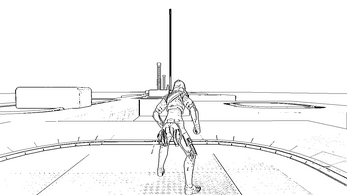
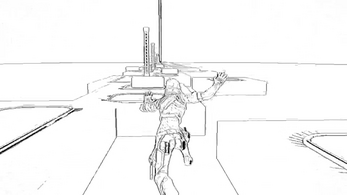
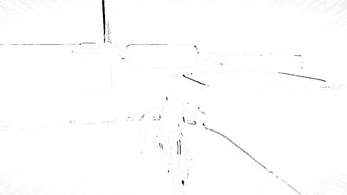
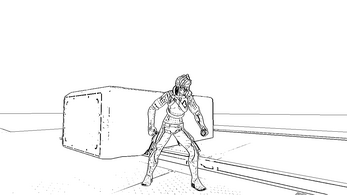
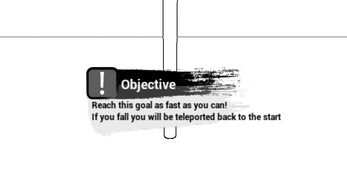
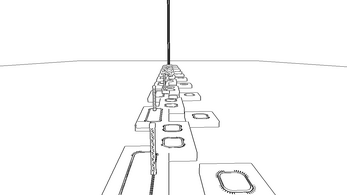
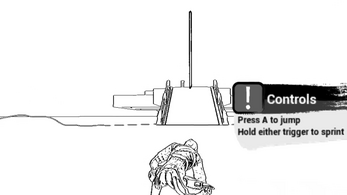
Comments
Log in with itch.io to leave a comment.
As a disclaimer, I'm an associate to Leyline Studios, and an existing fan of their games.
I really dig this concept, and I'm surprised how playable it remains to be even when your sensory threshold slips away! On your first play, it's an interesting contrast to a lot of runner/parkour-type games, specifically ones which trend toward designs that can be perfected on the first try. The game actively pushes back on that mentality as information is removed, as if to ask, "How well do you actually know this game?" The player is encouraged to take their time getting to know the game first, to make mistakes and slow down.
The more you play, the less of the whole you pay attention to. You narrow your attention onto only the most basic forms (in this case, edges and perpendicular lines), and you trade the diminishing holistic experience of the game for technical optimization. The way the game rendering takes that information away for you at high speeds reflects the delimiting processes of game mastery in a visual way, and it makes me rethink my relationships with the games I'm most familiar with.
And, for those players who find this all as interesting as I do, links are provided to the research undergirding this game design, which I seriously appreciate!
Yeah! Glad you enjoy it. There are definitely some really cool ideas that came out of playing with the visuals.